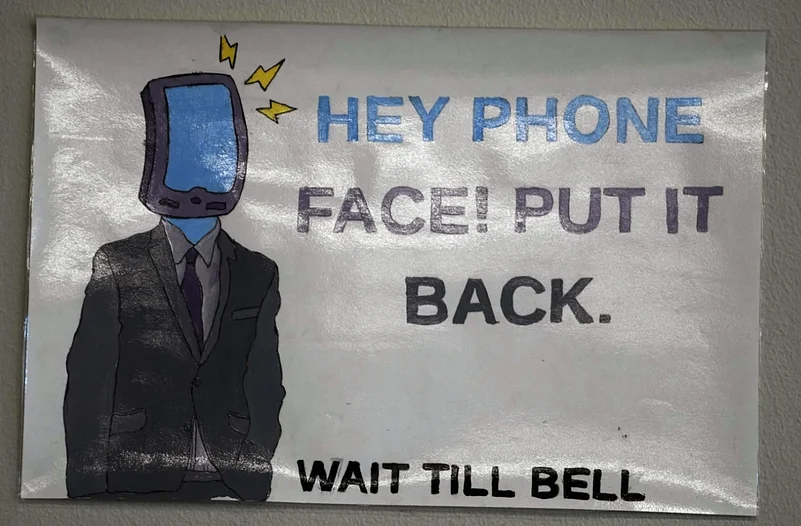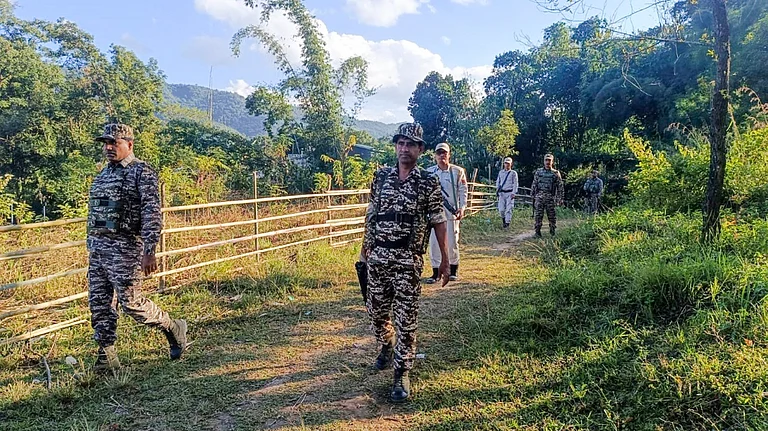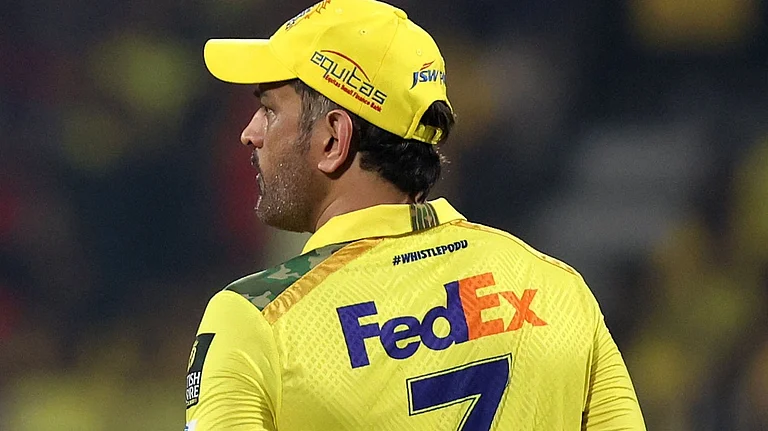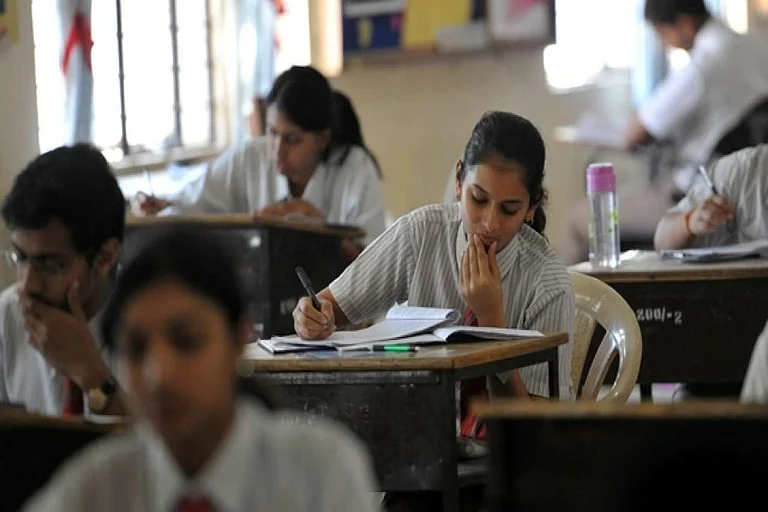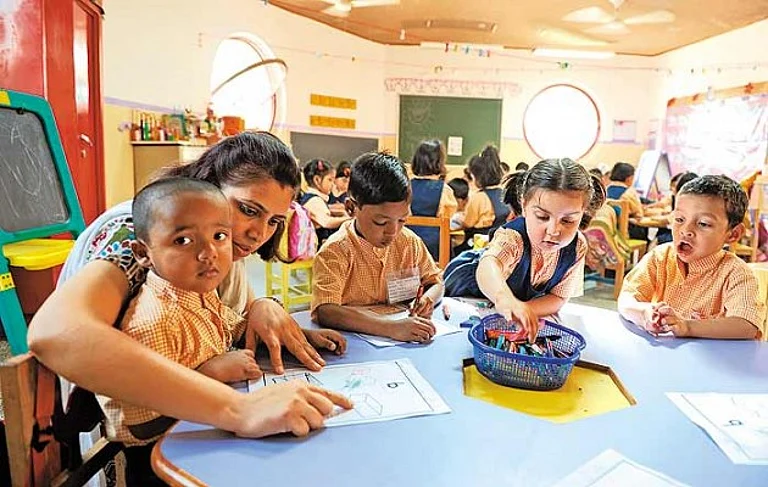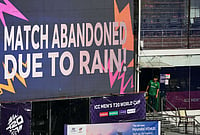Educators are raising alarms about the pervasive use of smartphones among students, highlighting concerns ranging from distraction to addiction. Recent reports from California to Maryland underscore the challenges teachers face as they grapple with students using Netflix, gambling apps, and social media during class time.
In a Los Angeles-area high school, James Granger, a science teacher, laments the shift in student behavior, noting that the days when students understood the expectation of not using phones in class are gone. Granger now requires students to store their phones in designated cubbies, emphasizing the necessity of physically removing devices from students to maintain focus on learning.
While many schools have existing rules regarding cellphone use, enforcement remains inconsistent. Recognizing the growing problem, leaders at both state and federal levels are advocating for stricter measures. Utah Governor Spencer Cox recently urged schools to remove cell phones from classrooms, citing studies demonstrating improved learning outcomes and reduced distractions.
Last year, Florida implemented a statewide ban on student cellphone use during class hours, with some districts extending the ban to the entire school day. Oklahoma, Vermont, and Kansas have followed suit, introducing legislation for "phone-free schools."
In December, Senators Tom Cotton and Tim Kaine introduced federal legislation to study the impact of cellphone use on students' mental health and academic performance. This bipartisan effort reflects a broader push for increased regulation of social media companies and enhanced online safety for children.
Despite existing prohibitions, cellphone use remains rampant, with teachers struggling to enforce policies effectively. Patrick Truman, a teacher in Maryland, describes the challenge of controlling cellphone use in his classroom, where students often disregard the rules to engage in gaming and social media.
For advocates of cellphone bans, effective enforcement by school administrations is crucial. The Phone-Free Schools Movement emphasizes the importance of comprehensive policies that require phones to be turned off and locked away throughout the school day.
However, opposition to such measures exists, with some students and parents expressing concerns about communication during emergencies. Advocates recommend exceptions for students with special needs while emphasizing the dangers of distractions posed by phones during critical situations.
In rural Utah, Delta High School has implemented a successful cellphone storage policy, requiring students to check their phones at the door of each class. The approach has led to increased focus, engagement, and academic performance, with students appreciating the break from constant screen time.






